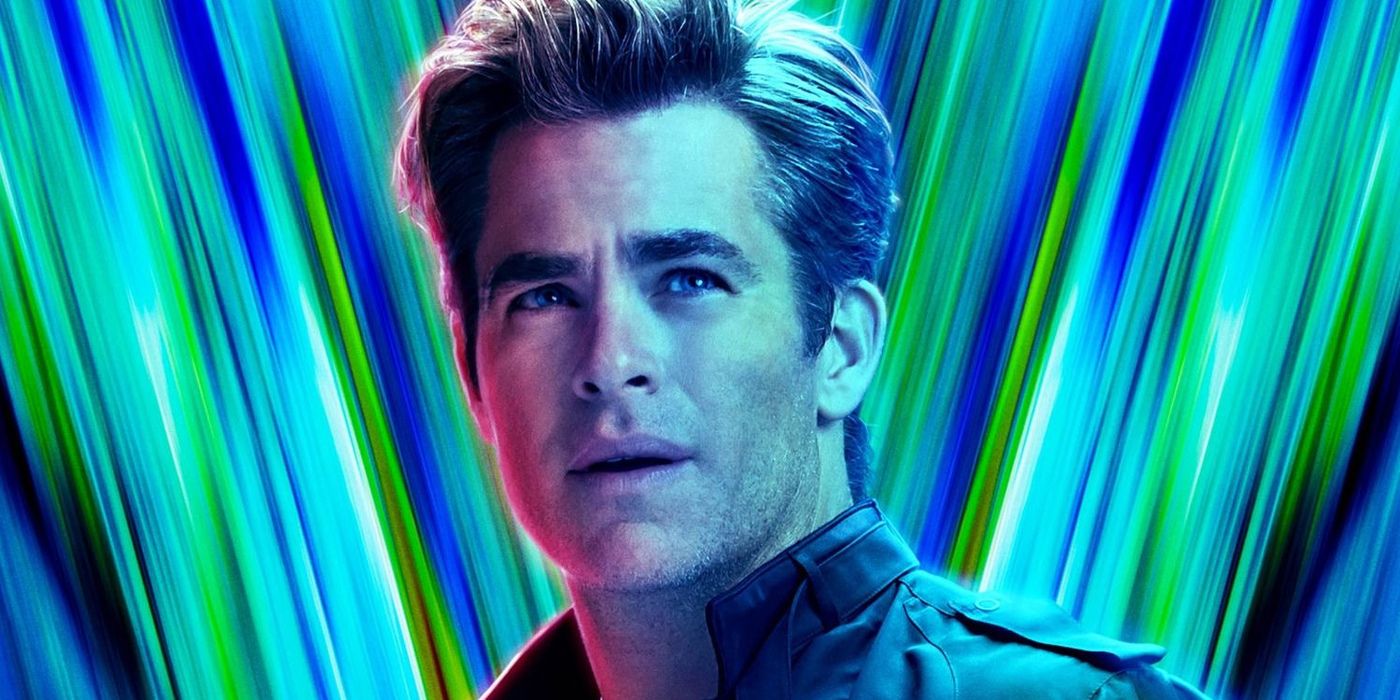Wonder Woman 1984 has received polarizing reactions from critics, as where some have highly praised the film, others have disparaged it greatly. Directed by Patty Jenkins, the film premiered on HBO Max the same day that it released in theaters, which resulted in many people live-tweeting about the experience during a first-watch. According to critics, Wonder Woman 1984 has numerous head-scratching flaws but does indeed provide a high level of traditional blockbuster entertainment.
Israeli actress Gal Gadot reprises her titular role in Wonder Woman 1984. Sixty-six years after the events of Wonder Woman, Diana Prince works at the Smithsonian Institution in Washington, D.C. and learns about an ancient artifact known as the Dreamstone. As it turns out, the object allows wishes to be granted, which becomes the primary source of conflict between Diana, a co-worker named Barbara Minerva (Kristen Wiig), and a conniving businessman, Max Lord (Pedro Pascal), with ambitious goals. Wonder Woman 1984 co-stars Chris Pine as Steve Trevor, Robin Wright as Antiope, and Connie Nielsen as Hippolyta.
Wonder Woman 1984 currently has a 65 percent Tomatometer score at Rotten Tomatoes, based on nearly 300 reviews, with the audience score being slightly higher at 73 percent. For many critics, Jenkins’ sequel succeeds with its emotional core. Given the superhero premise, some of the flimsy plot details can be overlooked, especially for those viewers who care more about the arcs of the characters than the latest magical artifact they’re all chasing. The Dreamstone subplot may not seem logical to certain critics, but what’s most important, it seems, is that Wonder Woman 1984 doesn’t veer too far from the central love story that made the original DCEU film so entertaining. Plus, many reviews have embraced Gadot’s lead performance as an empowering character beyond her goals as superhero. Here are some pro-Wonder Woman 1984 takes from top critics.
Rolling Stone:
“Wonder Woman 1984 is solid where it counts, maudlin in the way its fans need it to be, and, similarly, just funny enough to be charming. For all that goes unsaid, the writing is even occasionally clever.”
Slate:
“Jenkins and Gadot have gone and done it: They’ve gotten me invested in the emotional well-being of a franchise superhero.”
The Washington Post:
“The same elements that made ‘Wonder Woman’ such a pleasure to watch are present in “WW84,” including the supremely self-possessed Gadot, who plays the title character with the same grace and understatement she brought to the initial installment.”
Observer:
“The result may not be perfect, but its uplifting spirit reminds us of the genetic link between superhero movies and screwball romcoms – all the while retaining an admirably straight face.”
Variety:
“Jenkins is an enormously talented filmmaker on whom the studio took a chance – one that’s seldom questioned when conferred upon men – and she proves her worth by never letting the spectacle drown out the performances.”

Even though Wonder Woman 1984 may be entertaining and uplifting, many critics feel that its story is painfully formulaic. From that objective point of view, the structural flaws undoubtedly become more obvious and distracting, even if the reviewer acknowledges that little issues can be overlooked for such a genre film. The harshest critics of Wonder Woman 1984 seem to believe that Jenkins’ blockbuster should be more than just heart-warming, and that ignoring the most obvious flaws of the movie devalues the current state of filmmaking. In short, many critics seem most upset by the concept that viewers value the comforting aspect of Wonder Woman 1984 more than its cinematic quality, which suggests that Jenkins’ sequel is more of a fluffy, feel-good 2020 blockbuster rather than a superhero production that will endure the test of time. Here are some negative takes on Wonder Woman 1984.
Crooked Marquee:
“Wonder Woman 1984 feels written by committee to appease Twitter hashtag campaigns.”
TIME Magazine:
“Who wants to stomp on little girls’ fun? But little girls also deserve better movies, not just dutiful, sanctimonious versions of the testosterone-fueled ones…”
RogerEbert.com:
“Gadot remains a winning and winsome figure in Wonder Woman 1984 and she retains her authentic connection with the audience, but the machinery around her has grown larger and unwieldy.”
LeonardMaltin.com:
“Overall, I felt disconnected from the movie except for moments that focused on human-scale situations. It struggles to be relevant and serious, but in a superficial, cartoony way. It drones on for two and a half hours but it hasn’t got a lot to say.”
Vulture:
“The disappointing sequel highlights not only the dire state of the live-action superhero genre in film, but the dire state of Hollywood filmmaking as a whole.”
Ultimately, the Wonder Woman sequel has immense value if it makes audiences feel like their viewing experience was a worthwhile investment. As for critics, many reviews do indeed make solid points about the filmmaking without being dismissive or didactic, which is especially important for curious fans. The problem, however, is that whenever a blockbuster superhero film like Wonder Woman 1984 releases, there’s always a rat race to land attention with bold takes on social media, which negatively impacts the craft of film criticism because the most performative tweets reveal more about the critic’s online persona than the movie being reviewed. With this in mind, it’s up to the reader to sort through the madness and come to their own conclusion.




